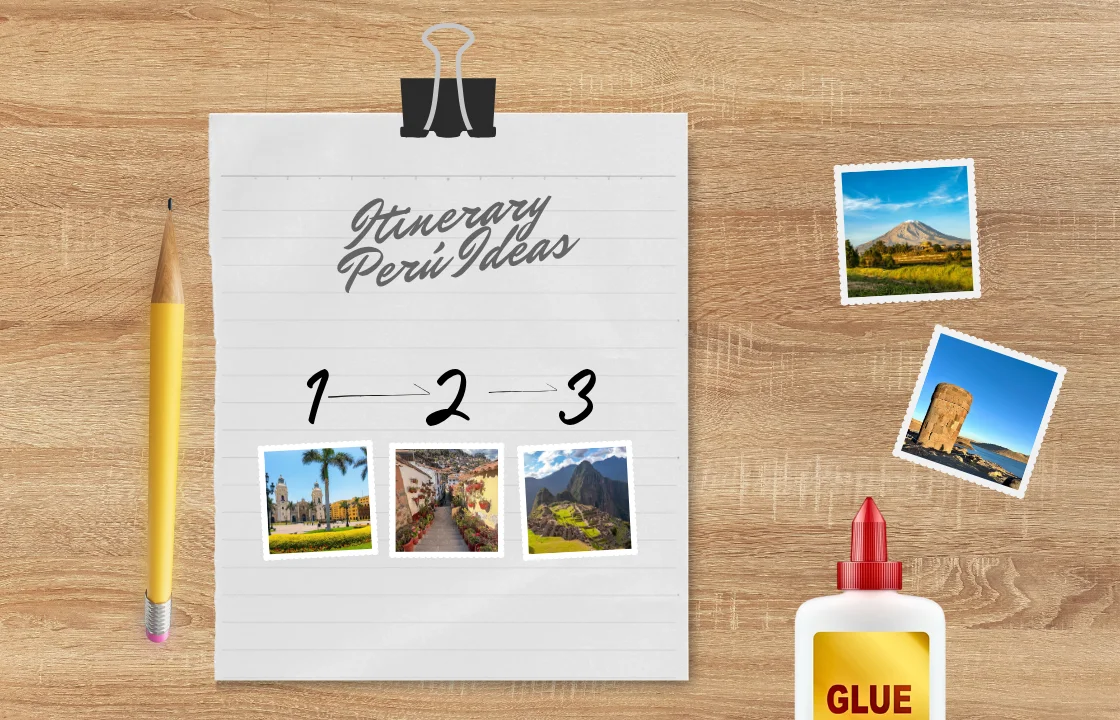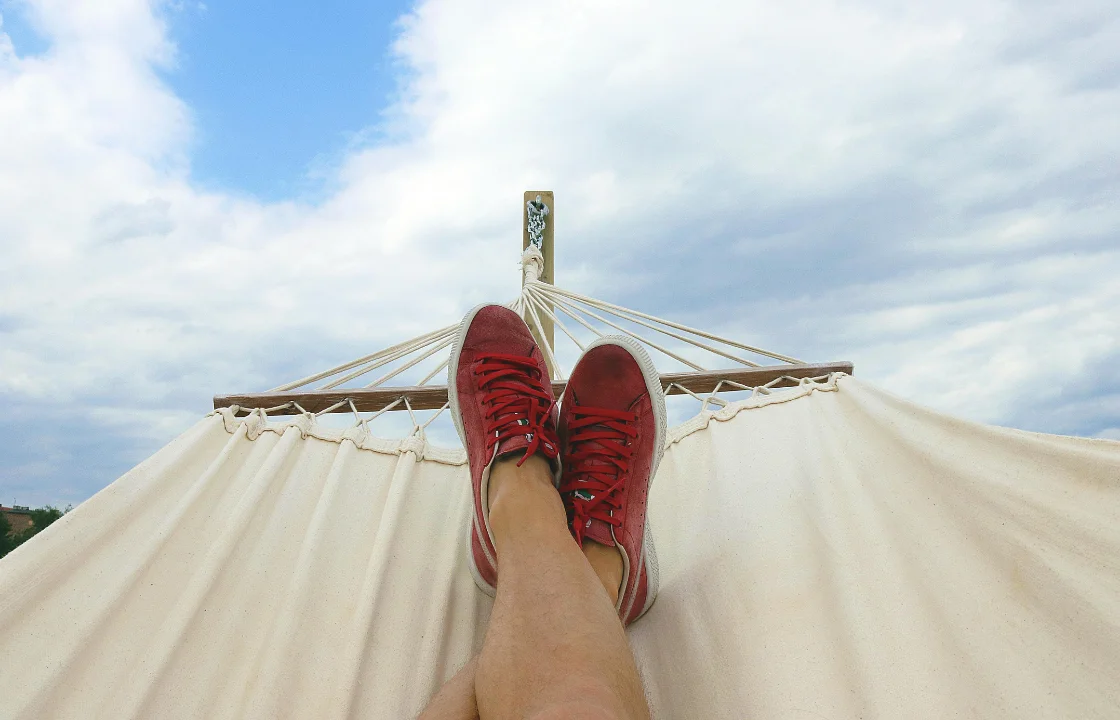Peru is a country of incredible landscapes that change dramatically with altitude— from sun-soaked beaches and coastal deserts to high Andean peaks and the lush Amazon rainforest.
For travelers, understanding how elevation varies between destinations is essential to plan a smooth, comfortable, and rewarding journey.
Whether you start at sea level in Lima, ascend through the Sacred Valley and Cusco, or descend again into the Amazon basin of Puerto Maldonado, knowing the altitude of each stop helps you choose the best route, adapt gradually, and enjoy Peru at your own pace.
Altitude by Destination in Peru
Destination | Altitude (meters above sea level) | Altitude (feet above sea level) |
| Lima (City) | 0 - 154 m | 0 - 505 ft |
| Paracas | 7 m | 23 ft |
| Ica (City/Huacachina Oasis) | 406 m | 1,332 ft |
| Arequipa | 2,359 m | 7,739 ft |
| Sacred Valley (Urubambam Ollantaytambo) | 2,800 – 3,800 m | 9,186 – 12,467 ft |
| Cusco (City) | 3,399 m | 11,152 ft |
| Machu Picchu (Inca Citadel) | 2,430 m | 7,972 ft |
| Colca Canyon | 3,200 – 4,910 m | 10,499 – 16,109 ft |
| Puno/Lake Titicaca | 3,827 m | 12,556 ft |
| Puerto Maldonado (Amazon Rainforest) | 183 m | 600 ft |
| Trujillo (City) | 34 m | 112 ft |
| Chiclayo (City) | 27 m | 89 ft |
| Máncora (Beach/Northern Peru) | 10 m | 33 ft |
How to Plan Your Peru Itinerary by Altitude
The key rule when traveling through Peru is simple: Start low and go slow.
Most international flights arrive in Lima, at sea level, making it the perfect starting point. From there, travelers often move toward the coast, Andes, and jungle — each offering unique experiences at different altitudes.
Here’s how a well-balanced route might look:
Coastal Route (Sea Level – 450 m)
Explore Lima, Paracas, and Ica first.
- Visit the Paracas National Reserve and the Ballestas Islands.
- Relax in the Huacachina Oasis near Ica or enjoy sandboarding in the desert.
- These low-altitude destinations are perfect for your first few days in Peru.
Andean Route (2,000 m – 5,000 m)
Then, fly or travel to Arequipa, the Sacred Valley, and Cusco.
- Arequipa (2,359 m) is ideal for a gentle transition to higher altitude.
- Spend a few days in the Sacred Valley (2,800–3,000 m) before heading up to Cusco (3,399 m).
- From Cusco, you can explore Machu Picchu (2,430 m) or Colca Canyon (3,200 m).
Amazon Route (Below 500 m)
After your time in the mountains, descending to the Amazon rainforest offers a refreshing change in both climate and altitude.
- Puerto Maldonado (183 m) is easily accessible from Cusco by a short flight.
- It’s the perfect ending for your trip: warm weather, jungle lodges, and wildlife experiences at low altitude.
Tips for Traveling Comfortably at Different Altitudes
Stay hydrated: The higher you go, the drier the air. Drink 3–4 liters of water daily.
Eat light and local: Choose easy-to-digest meals like quinoa soup, vegetables, or fresh fruit.
Dress in layers: Mountain weather changes fast; bring thermal wear, fleece, and a windbreaker.
Rest during your first days in the Andes: Avoid strenuous activity on arrival.
Choose your accommodation wisely: In Cusco, Arequipa, or Puno, some hotels offer oxygen-enriched rooms for extra comfort.
Popular Traveler Questions About Altitude in Peru
What is the best itinerary to adapt to Peru’s altitude?
Start at sea level (Lima, Paracas, Ica), then continue to the mid-altitude Sacred Valley before visiting Cusco or Puno.
Cusco or Sacred Valley first?
It’s best to stay in the Sacred Valley first, since it’s around 600 meters (2,000 ft) lower than Cusco.
Can I combine Cusco with the Amazon rainforest?
Absolutely! Many travelers visit Cusco and then fly directly to Puerto Maldonado, where the altitude drops to just 183 meters — ideal after high-altitude experiences.
Are there hotels with oxygen in Cusco?
Yes, several luxury and boutique hotels offer oxygen-enriched rooms or in-room oxygen service.
What should I pack for high and low altitudes?
Layered clothing, a good jacket, comfortable walking shoes, sunscreen, and insect repellent for the jungle.
How many days should I spend in Cusco before hiking?
At least 2–3 full days of light activity before starting treks such as the Inca Trail or Salkantay.
Your Journey, Your Pace — with Peruvian Sunrise
At Peruvian Sunrise, we design tailor-made tours across Peru — from the coast to the Andes and the Amazon.
Our itineraries adapt to your travel rhythm, preferences, and comfort level, ensuring you enjoy each destination safely and meaningfully.
Whether you want to explore ancient Inca trails, relax by the sea, or experience the wildlife of the jungle, we’ll create the perfect route for you — including altitude-friendly planning.
Discover the real Peru with Peruvian Sunrise — crafted just for you.
Start planning your journey


